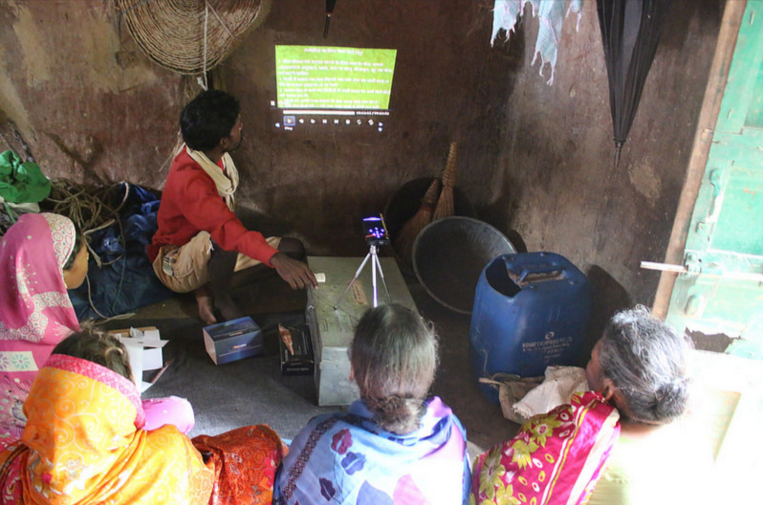
Digital Green works in partnership with a diverse set of public, private and civil society organizations, which requires us to have appropriate skills to handle such partnerships. Sometimes it becomes very tough to deal with partner staff when they treat the collaboration as extra work. We, however, have to focus on achieving our targets within the stipulated time period with quality while working with the partners. That compels us to think of numerous ways in order to accomplish the goals. The particular skills and knowledge may work at one place or with one person but the same can’t be applied everywhere or with everyone. Our staff needs to be equipped with various skills of negotiation and persuasion. I am glad to share some of the learnings I have acquired from the field over the last couple of years as a program manager.
1. Be well-versed with the matter at hand
First impression, they say, is the last impression. With respect to the initial discussion/interaction with partner staff, be sure to discuss topics you have in-depth knowledge on along with the agenda for the meeting. When we first meet a person who has profound knowledge on a particular subject or exhibits effective communication skills, the first meeting has a lasting impact on us and sets the tone for the relationship.
2. Be confident and in control
Try to remain confident and in control even if things are not moving as per your requirement. It is important to establish respect between partners at the outset. In one of our program blocks a partner representative tended to take things lightly and paid less attention towards our work because of some misgivings regarding our approach. Things gradually changed as we continued to engage with him and other staff with confidence. One needs to be cool and calm while situations change around you.
3. Be polite but firm
Being polite is a way to respect people and the most disciplined way to present things even if harsh in nature. Whenever we get respect from the community, we tend to feel obliged. It is respect which makes people feel better and leads to do something in reciprocation.
We also have to keep in mind that we don’t compromise on our decision related to our common targets where there are chances of disagreement. If we continue to put our things rationally and politely, it would help in convincing others to our decisions.
4. Always present your work as part of the collaboration
Highlighting the collaborative nature of the intervention and how our vision and plan is aligned with that of the partners is essential for the partnership to work. It also leads to greater ownership of the intervention by the partner staff and they feel responsible for the execution of the tasks even without constant follow-up. We need to set partner targets as ours. Projecting mutually agreed upon targets brings minds together to plan, strategize and implement better which can reduce time, energy and other resources with outstanding results.
5. Share examples of partner staff’s supportive nature and exemplary work
Cases where partner staff has been supportive and their contribution has led to positive results need to be acknowledged and appreciated at a larger platform. We can also use our data management system to reflect the progresses made in different blocks. This could drive healthy competition within the blocks and the staff’s attention will be drawn to the weak areas.
6. Be patient
We all know that waiting can be challenging, especially when you are supposed to accomplish a task within a time frame. But if we manage not to lose our composure and remain patient, it pays off at last. The same theory applies here while working with partners. We have to be patient even under extreme pressure. Whatever task has to be finished with the help of partner staff needs to be continued. Regular follow-ups can ensure the responsible partner staff executes the task even if s/he tries to shirk the assigned work. Just to avoid being followed up on a regular basis, the task will be finished. The more rigorous follow-ups, the better the results will be.







